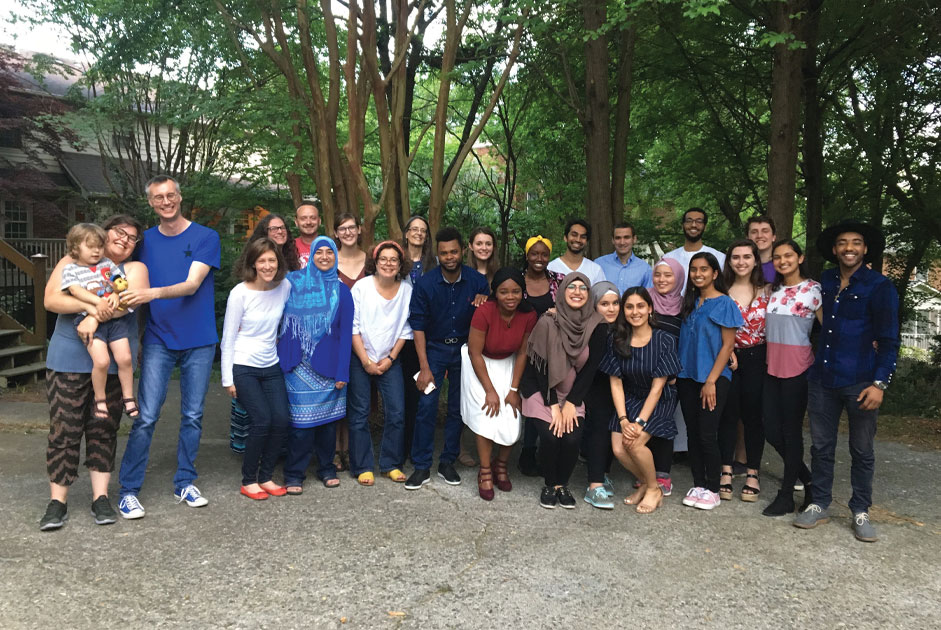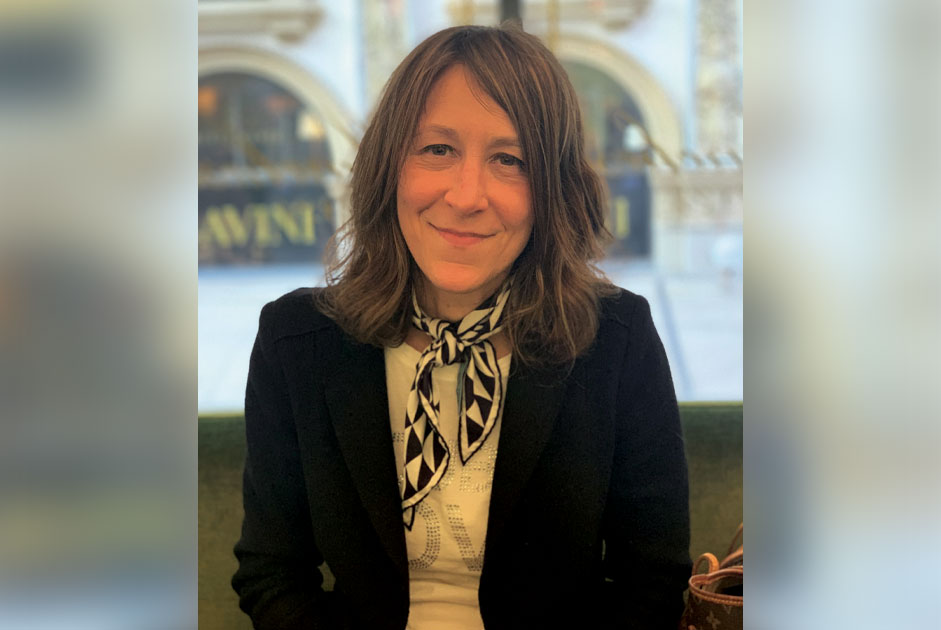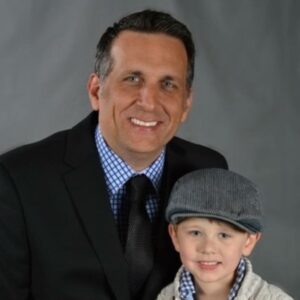Alessandra Von Burg is Associate Professor in the Department of Communication at Wake Forest University. She is the co-founder of the Every Campus a Refuge (ECAR) chapter at Wake Forest University, residential programs for refugees and asylum seekers. Her research focuses on rhetorical theory, citizenship, mobility, noncitizens and nonplaces.
* Where did you grow up?
In Sondrio, a small town in the north of Italy, at the bottom of the Alps, near the border with Switzerland. I also spent time in the nearby mountains, the Lake Como area, and Milan.
*When did your inclinations for academia begin? What was the catalyst?
My grandma and many women in my family were schoolteachers and they instilled in me a passion for learning and exploring various subjects.
I attended a Language Lyceum with the plan to travel, learn foreign languages, and go to college. At the end of receiving my BA in Arizona, a professor suggested graduate school at the University of Pittsburgh. I was not convinced about teaching and the weather there.
* What brought you to Wake Forest and what have you come to love about the culture/dynamic there?
Wake had a job, first temporary and then tenure-track. I applied and I am still here. During orientation, I noticed many faculty members who had been here for years, so I asked them why. They said that the teacher-scholar model meant a sincere commitment to excellence in and outside the class. People were supportive from the start, even when I developed courses that connected directly to the community.

*One of your areas of expertise is “non-citizens, non places.” Can you elaborate?
Yes. In my research and in my teaching, I focus on migrants, refugees, those who often do not have the legal, political, social, or cultural rights that citizens, in the US, in Italy, or in other parts of Europe have.
An example of a nonplace may be a campsite at the outskirts of a city, where people live temporarily and without services, or a refugee camp, a detention center, or a prison. Nonplaces may include airports, as places for a short transition, but the nonplaces I study are usually where people reside because they have no other place to be/go, not by choice.
*Give our readers insight into ECAR and how it serves the WFU community and beyond.
Every Campus a Refuge is a model based on what founder Dr. Diya Abdo calls “radical hospitality.” Universities have the expertise and resources to welcome refugees, as we already house, feed, and support students as they learn and grow.
We provide housing for refugees, and they come and teach students and faculty about their culture, they practice foreign languages with them, and share their skills. We support ECAR residents as they advance educationally and professionally, with the support of students as mentors and friends.
*Speak to a refugee crisis happening now that seems underpublicized / under-recognized.
A lot of people who work with refugees and migrants dislike the term “crisis” because migration is not about an emergency, but a momentary spike in numbers. One example is the small island of Lampedusa, the southernmost place in Italy. I have been going there since 2017, conducted research by interviewing migrants, refugees, locals, as well as the organizations, from police to NGOs, that come to support the people who arrive there after being rescued in the Mediterranean Sea-which is the deadliest spot in the world, with countless unaccounted bodies.
What is happening with migration is not under-publicized. It is misrepresented, often having people believing that migrants are here to take people’s jobs and homes. They are not. This is why analyzing the message and studying rhetoric matters.
* What has been your greatest victory in your work with the refugee population?
There are many moments of joy, victories every day, when together we may find a good home, get a backpack for school, share a laugh, or celebrate milestones like getting a job or US citizenship.
*Who would you nominate as a person of prominence? Someone we should know more about. Please give us some details on what makes them special.
I nominate Terry Matthews, Volunteer Services Coordinator for the Winston-Salem Forsyth County School District. Terry worked for the YMCA before WSFCS and is a Winston-Salem State University alumna. Terry is an amazing community organizer, a caring and energetic leader who brings people together to bring out the best from anyone. Many have and are working with Terry because they see how much she cares about the equitable and inclusive access to education, as the force that allows all to be their best selves.



















